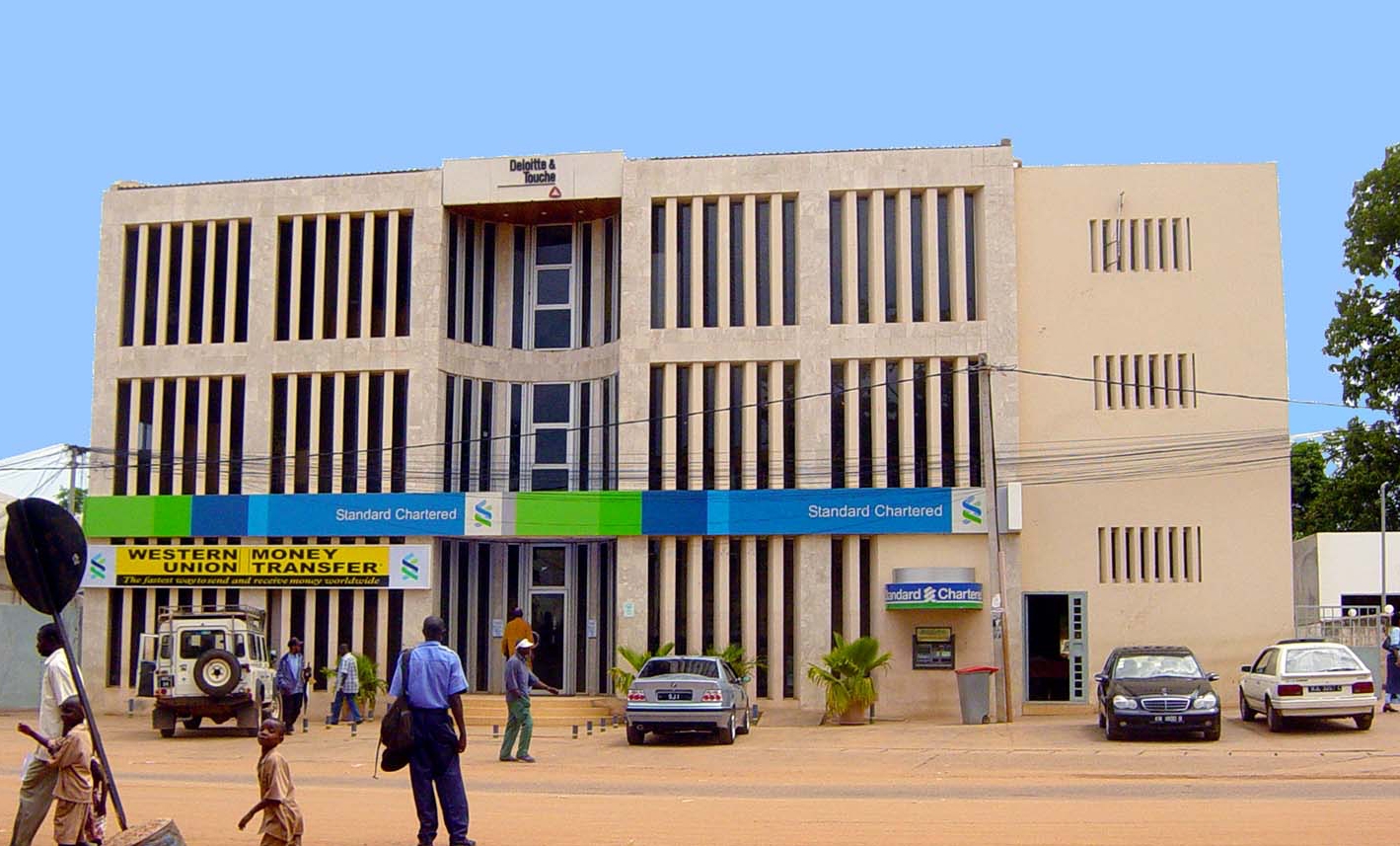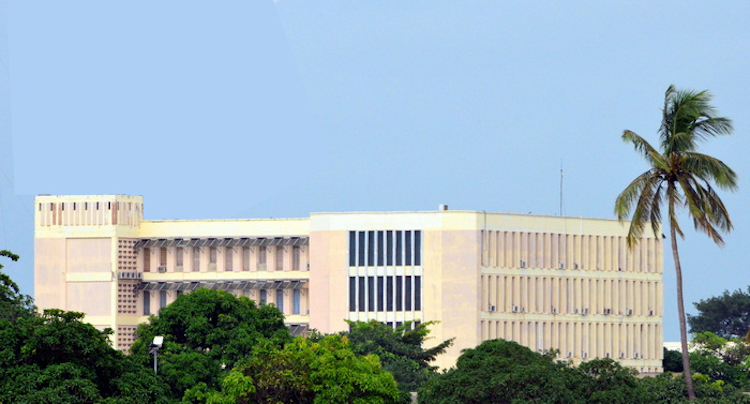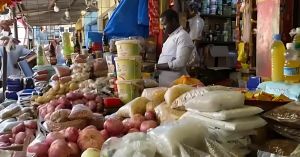Gambiaj.com – (BANJUL, The Gambia) – In a bold call for action, Foday Joof, a senior risk analyst at the Central Bank of The Gambia (CBG), has advocated for transformative green monetary policies to address the nation’s climate vulnerabilities. Writing for financial publication Finextra, Joof outlined a vision for integrating social and environmental considerations into the country’s financial regulations to foster a sustainable and resilient economy.
“We must rethink our financial practices and regulations to build a greener and more resilient economy. A sustainable financial system is not just an option; it is essential for The Gambia’s future,” Joof stated. He emphasized the CBG’s critical role in guiding banks toward responsible investments and spearheading this paradigm shift.
Joof’s proposed measures include establishing specialist funding facilities, introducing subsidized interest rates for green projects, and lowering capital requirements for financial institutions supporting environmentally sustainable initiatives. He also urged the CBG to prioritize green bonds and enforce stricter climate risk regulations, including mandatory disclosures.
The call for green monetary tools comes against the backdrop of The Gambia’s heightened vulnerability to climate change. Joof’s research revealed that climate shocks have triggered two of the country’s six currency crises in recent years. Notably, the 2011 drought led to a 4.1% contraction in GDP and a 30% depreciation of the Gambian dalasi against the US dollar, underscoring the deep economic impacts of environmental events.
Joof’s proposal aligns with broader global efforts to tackle climate-related financial risks. The latest guidance from the Glasgow Financial Alliance for Net Zero (GFANZ) seeks to address challenges in transitioning to sustainable economies, while Oman has also made strides by releasing landmark green finance guidelines.
As The Gambia navigates the climate crisis, Joof’s recommendations could pave the way for a financial sector that not only protects the environment but also bolsters economic stability. Whether the CBG will adopt these green monetary tools remains to be seen, but the urgency of the climate challenge leaves little room for delay.










